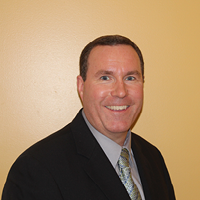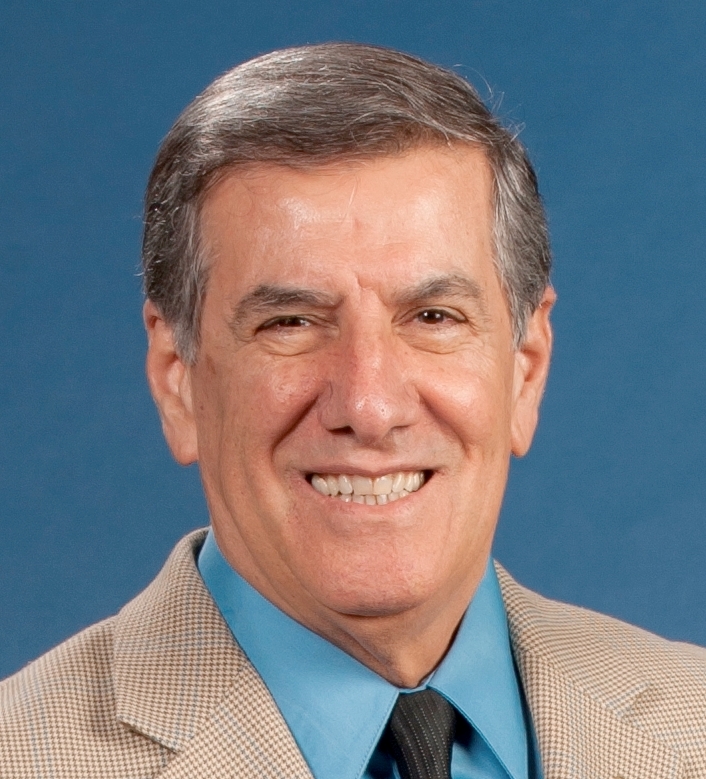 Geoffrey Hodge is the Senior Vice President of Operations at Unum Therapeutics, a company developing a universal cellular immunotherapy to treat multiple cancers in Marlborough, MA. Mr. Hodge is responsible for leading both technical operations, including process development and manufacturing of the company’s proprietary antibody-coupled T-cell receptor (ACTR) therapies, and non-technical operations at Unum. Geoff was previously the Co-Founder of Xcellerex and Former Operations Leader at GaE Healthcare Life Sciences to Lead Unum’s Clinical Manufacturing and Process Development Activities.
Geoffrey Hodge is the Senior Vice President of Operations at Unum Therapeutics, a company developing a universal cellular immunotherapy to treat multiple cancers in Marlborough, MA. Mr. Hodge is responsible for leading both technical operations, including process development and manufacturing of the company’s proprietary antibody-coupled T-cell receptor (ACTR) therapies, and non-technical operations at Unum. Geoff was previously the Co-Founder of Xcellerex and Former Operations Leader at GaE Healthcare Life Sciences to Lead Unum’s Clinical Manufacturing and Process Development Activities.
Mr. Hodge has over 25 years of experience in the biotechnology industry, leading bioprocessing efforts for companies including Millennium Pharmaceuticals (now Takeda), Genetics Institute (now Pfizer) and Alpha-Beta Technology. He was a co-founder of Xcellerex, a company specializing in single-use bioreactors, mixers and facilities, as well as process development and GMP manufacturing services using single-use biomanufacturing systems. Through his work at Xcellerex, he is the inventor of record on multiple technology patents.
Most recently, Mr. Hodge served as the Bioprocess Technology Leader at GE Healthcare Life Sciences. In this role, he was responsible for providing technical expertise to bioprocess customers to help them address their technical needs with the optimal combination of products and services.
Since January 2010, Geoff has been an Advisory Board Member at WPI’s Biomanufacturing Education and Training Center.
Mr. Hodge received his BA in Biology from Colgate University, and his MS in Biotechnology from Worcester Polytechnic Institute.
 Kevin Lauziere is a consultant with over 27 years in the industry currently working with The Quantic Group, Ltd. He holds a degree in Biochemistry from Boston College, and has worked for a number of companies in the Boston area including Genzyme, BASF Bioresearch Center, Abbott Bioresearch Center and Bristol-Myers Squibb. He worked in the process development area early in his career designing methods for purifying proteins to be scaled up to the manufacturing level. Later in his career he moved into a manufacturing role to manage the production of both clinical and commercial biologics products. Over the years he has contributed to the design, start-up and validation of two commercial manufacturing facilities working with both internal and external engineering resources. He is currently consulting with a local biotechnology company on a number of different projects.
Kevin Lauziere is a consultant with over 27 years in the industry currently working with The Quantic Group, Ltd. He holds a degree in Biochemistry from Boston College, and has worked for a number of companies in the Boston area including Genzyme, BASF Bioresearch Center, Abbott Bioresearch Center and Bristol-Myers Squibb. He worked in the process development area early in his career designing methods for purifying proteins to be scaled up to the manufacturing level. Later in his career he moved into a manufacturing role to manage the production of both clinical and commercial biologics products. Over the years he has contributed to the design, start-up and validation of two commercial manufacturing facilities working with both internal and external engineering resources. He is currently consulting with a local biotechnology company on a number of different projects.
 Kamal A. Rashid, PhD, has over thirty years of academic experience in both research and biotechnology program development. During his career he has developed, directed and implemented biotechnology and biomanufacturing training courses at Worcester Polytechnic Institute, Utah State University, Penn State University and internationally. He currently is the Director of the BETC at WPI.
Kamal A. Rashid, PhD, has over thirty years of academic experience in both research and biotechnology program development. During his career he has developed, directed and implemented biotechnology and biomanufacturing training courses at Worcester Polytechnic Institute, Utah State University, Penn State University and internationally. He currently is the Director of the BETC at WPI.
He was PI or co-PI of several grants including a multi-year, multimillion dollar grant from the US Department of Health and Human Services, Biomedical Advanced Research and Development Authority (BARDA) to train employees of vaccine manufacturing facilities from thirteen countries in the latest advances in cell-based vaccine production with emphasis on Influenza vaccines. These countries included Brazil, Egypt, Kazakhstan, Korea, India, Indonesia, Mexico, Romania, Russia, Serbia, South Africa, Thailand and Vietnam. He has delivered numerous bioprocessing training programs on-site in several countries, including, China, Dominican Republic, Egypt, Indonesia, Iraq, Korea, Malaysia, Philippines, Puerto Rico, Vietnam, Thailand, Taiwan, Singapore.
Dr. Rashid is very well recognized for his continuing education, teaching and international programs. He received a national Faculty Service Award in 1997 from the University Continuing Education Association for his meritorious service to Penn State University. He was also honored in 2012 as the international professor of the year in College of Applied and Agriculture Sciences at Utah State University. His present research emphasis is on bioprocessing utilizing mammalian cell systems. He received his Ph.D. from Penn State University with emphasis on toxicology and genotoxic effects of environmental pollutants on human health.
